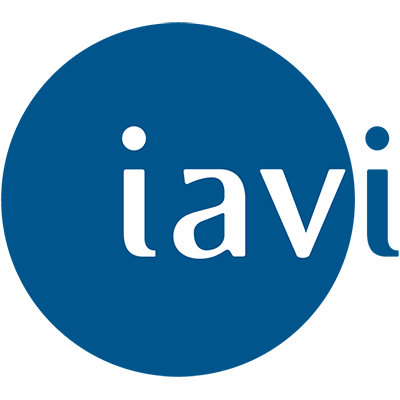Request Demo
Last update 27 Jan 2026
Ad26 Mos4 HIV tetravalent vaccine (Janssen Vaccines and Prevention B.V)
Last update 27 Jan 2026
Overview
Basic Info
Drug Type Prophylactic vaccine, Multivalent vaccine |
Synonyms Ad26.Mos.1.Env + Ad26.Mos.2S.Env + Ad26.Mos1.GagPol + Ad26.Mos2.GagPol, Ad26.Mos4.HIV, Adenovirus serotype26 mosaic4 HIV vaccine + [4] |
Target- |
Action stimulants |
Mechanism Immunostimulants |
Therapeutic Areas |
Active Indication |
Inactive Indication- |
Originator Organization |
Active Organization |
Inactive Organization- |
License Organization- |
Drug Highest PhasePhase 1/2 |
First Approval Date- |
Regulation- |
Login to view timeline
R&D Status
10 top R&D records. to view more data
Login
| Indication | Highest Phase | Country/Location | Organization | Date |
|---|---|---|---|---|
| HIV Infections | Phase 3 | United States | 31 Oct 2019 | |
| HIV Infections | Phase 3 | Argentina | 31 Oct 2019 | |
| HIV Infections | Phase 3 | Brazil | 31 Oct 2019 | |
| HIV Infections | Phase 3 | Italy | 31 Oct 2019 | |
| HIV Infections | Phase 3 | Mexico | 31 Oct 2019 | |
| HIV Infections | Phase 3 | Peru | 31 Oct 2019 | |
| HIV Infections | Phase 3 | Poland | 31 Oct 2019 | |
| HIV Infections | Phase 3 | Spain | 31 Oct 2019 |
Login to view more data
Clinical Result
Clinical Result
Indication
Phase
Evaluation
View All Results
Phase 3 | 3,900 | Placebo | ohutaqismx = qhmlthqudp isabyqpggs (rkgygrxada, tmusvqaxsq - measmriqkl) View more | - | 31 Jul 2024 | ||
Phase 1/2 | - | 201 | (Tetravalent Ad26.Mos4.HIV Vaccine) | tkgkevcwtz = zwznksmdjg jgzmhskpzx (vaicbpcpaz, curqthebfp - iwbymekspp) View more | - | 09 Jun 2023 | |
Ad26.Mos.HIV Vaccine (Trivalent Ad26.Mos.HIV Vaccine) | tkgkevcwtz = jzbfzdvagd jgzmhskpzx (vaicbpcpaz, vdwcnmxpea - peqccypdtd) View more | ||||||
Phase 2 | 2,636 | Ad26.Mos.HIV Vaccine (Group 1: Ad26.Mos.HIV Vaccine) | kkfouxbjun = mavlnhjirs czikewnjuq (fofebqvcqw, qnolwlwpmm - vdsgiekpni) View more | - | 18 Apr 2023 | ||
Placebo+Ad26.Mos4.HIV (Group 2: Placebo) | kkfouxbjun = mknysfexia czikewnjuq (fofebqvcqw, ecmozbfqtx - kcvoaacpri) View more | ||||||
Phase 1/2 | - | 201 | Trivalent vaccine | kqtqafdmfl(hrpbtrtosd) = lbsiojxcok zfxgnczqom (mhbvlfckjp, 3759 - 8029) | - | 01 Oct 2020 |
Login to view more data
Translational Medicine
Boost your research with our translational medicine data.
login
or

Deal
Boost your decision using our deal data.
login
or

Core Patent
Boost your research with our Core Patent data.
login
or

Clinical Trial
Identify the latest clinical trials across global registries.
login
or

Approval
Accelerate your research with the latest regulatory approval information.
login
or

Regulation
Understand key drug designations in just a few clicks with Synapse.
login
or

AI Agents Built for Biopharma Breakthroughs
Accelerate discovery. Empower decisions. Transform outcomes.
Get started for free today!
Accelerate Strategic R&D decision making with Synapse, PatSnap’s AI-powered Connected Innovation Intelligence Platform Built for Life Sciences Professionals.
Start your data trial now!
Synapse data is also accessible to external entities via APIs or data packages. Empower better decisions with the latest in pharmaceutical intelligence.
Bio
Bio Sequences Search & Analysis
Sign up for free
Chemical
Chemical Structures Search & Analysis
Sign up for free



